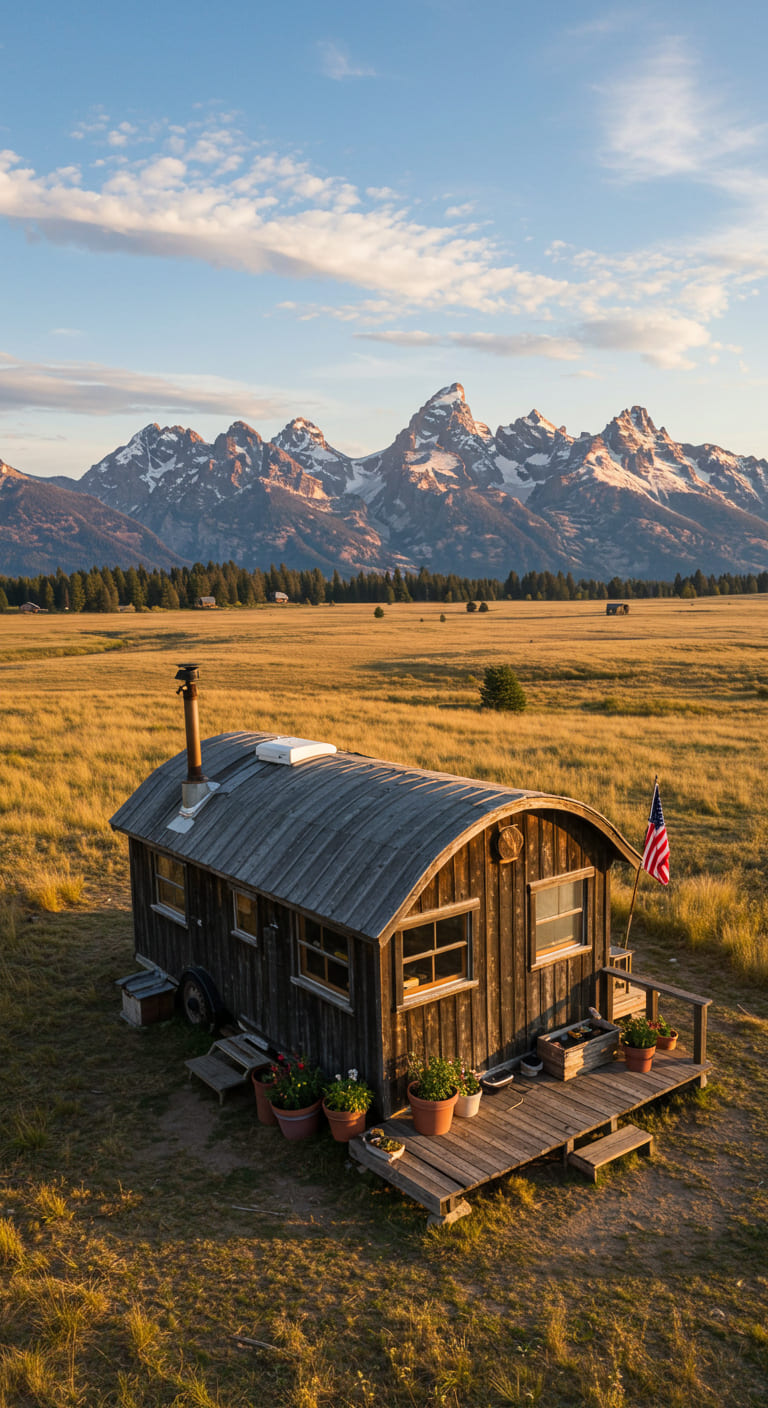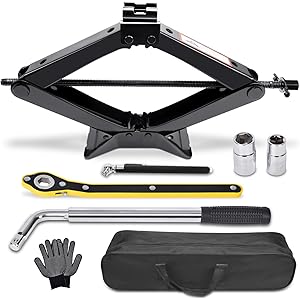When I first considered buying a trailer home, I found myself at a crossroads. The idea of living in a mobile home was both exciting and daunting. After conducting extensive research and speaking to people who have made the leap, I felt compelled to share my insights about this unique housing option. In this article, I will explore the pros and cons of buying a trailer home, addressing common concerns while highlighting the benefits that come with this lifestyle choice.
The Appeal of Trailer Homes
Trailer homes, often referred to as mobile homes or manufactured homes, have grown in popularity over the years. Once stigmatized as a less desirable housing option, the market has evolved tremendously. These homes now offer a range of designs, sizes, and amenities. So, what makes them appealing?
- Affordability: One of the most significant advantages of trailer homes is their price point. According to the U.S. Census Bureau, the average cost of a manufactured home is significantly lower than that of a traditional site-built home.
- Mobility: For those who enjoy changing their surroundings, trailer homes provide the flexibility to relocate without selling a property.
- Community Living: Many trailer parks foster a sense of community, bringing together people from various walks of life who share similar values.
- Lower Utility Bills: With smaller square footage and energy-efficient designs, trailer homes often lead to reduced utility costs.
The Downsides of Trailer Homes
However, it’s essential to consider the downsides before making a decision. While trailer homes offer many benefits, they also come with their unique challenges.
- Depreciation: Unlike traditional homes, which typically appreciate over time, mobile homes can lose value, making them a less favorable long-term investment.
- Financing Options: Securing a mortgage for a trailer home can be more complicated. Lenders often treat them as personal property rather than real estate, impacting financing options.
- Quality Concerns: Some older models may have construction flaws, leading to maintenance issues. It’s crucial to conduct thorough inspections.
- Land Lease Issues: Many trailer homes are situated in parks where residents lease the land. This can introduce complications, such as rising rents or property management conflicts.
Financial Considerations
As I delved deeper into the financial aspects of owning a trailer home, I discovered several key factors that potential buyers should consider.
Initial Costs
Purchasing a trailer home can be considerably cheaper than a traditional home. For example, the average cost of a new manufactured home is around $70,000, compared to over $300,000 for a conventional house in many areas. However, buyers should also factor in costs such as:
- Land purchase or leasing fees
- Utilities and maintenance
- Insurance and property taxes
- Transportation fees if moving the trailer
Long-Term Investment
While the lower initial cost can be tempting, it’s essential to consider the long-term implications. Mobile homes typically depreciate, meaning they may not hold their value like a traditional home. According to the National Association of Realtors, the average appreciation rate for mobile homes is around 3%, compared to 4-5% for site-built homes. This difference can impact your financial future significantly.
Community and Lifestyle
One of the most appealing aspects of trailer living is the community that often surrounds it. Many trailer parks foster a tight-knit atmosphere, where neighbors look out for one another. I spoke with several residents who shared their experiences:
- Supportive Neighbors: Many residents reported feeling a strong sense of camaraderie, often participating in community events and gatherings.
- Accessibility: Trailer parks are typically located near essential services, making it easier for residents to access grocery stores, healthcare, and other amenities.
- Pets Welcome: Many trailer parks are pet-friendly, allowing residents to bring their furry companions along.
Quality of Life Factors
Quality of life is a crucial consideration when deciding to purchase a trailer home. While some people thrive in close-knit communities, others may find the lifestyle limiting. Here are some quality of life factors to consider:
- Space: Trailer homes typically offer less square footage than traditional homes, which may pose challenges for larger families or those with lots of belongings.
- Privacy: In many trailer parks, homes are situated close together, which can impact privacy.
- Resale Value: If you plan to move in the future, consider how the resale market is performing for trailer homes in your area.
Case Studies: Real-Life Experiences
To provide a more comprehensive view, I gathered stories from individuals who have purchased and lived in trailer homes. Each experience varied significantly, offering unique insights.
Case Study 1: The Young Family
A young couple with two children decided to purchase a trailer home to save money for their future. They found a well-maintained mobile home in a family-friendly park. The couple appreciated the affordability and community atmosphere, allowing them to provide a stable environment for their kids.
Case Study 2: The Retiree
A retiree opted for a trailer home to downsize and reduce living expenses. She enjoyed the maintenance-free lifestyle and the ability to travel without the burden of maintaining a large home. However, she also encountered challenges with the land lease, as rent increased over time, impacting her budget.
Case Study 3: The Investor
An investor purchased several trailer homes to rent out. He found the initial investment appealing but faced challenges when it came to maintenance and dealing with tenant issues. His experience highlighted the importance of thorough research and planning before entering the rental market.
Environmental Considerations
As we become more environmentally conscious, it’s essential to consider the ecological impact of our housing choices. Trailer homes often use fewer resources in construction and can be more energy-efficient than traditional homes. Some modern models include:
- Energy-efficient appliances
- Solar panel options
- Eco-friendly materials
By choosing a sustainable trailer home, you can reduce your carbon footprint while enjoying the benefits of affordable housing.
Common Misconceptions About Trailer Homes
Despite the growing popularity of trailer homes, several misconceptions still exist. Let’s address some of the most common:
- Low Quality: Modern trailer homes are built to high standards and can be just as durable and comfortable as traditional homes.
- Only for Low-Income Individuals: People from various backgrounds and income levels choose trailer homes for their affordability and flexibility.
- Less Space: While many trailer homes are smaller, there are also larger models that provide ample space for families.
Conclusion: Is It Bad to Buy a Trailer Home?
Ultimately, the decision to buy a trailer home should be based on personal circumstances, financial goals, and lifestyle preferences. While trailer homes come with distinct advantages, such as affordability and community living, they also present challenges, including depreciation and potential lease issues.
As I reflect on my journey, I realize that the best choice is one that aligns with your values and long-term goals. If you’re considering a trailer home, weigh the pros and cons carefully, and don’t hesitate to reach out to current residents for their insights. Remember, the right home is the one that makes you feel comfortable and fulfilled.
FAQ
Are trailer homes a good investment?
Trailer homes can be a good investment for those looking for affordable housing options, but potential buyers should be aware of depreciation and resale value challenges.
How do I finance a trailer home?
Financing options for trailer homes may differ from traditional mortgages. Buyers can explore personal loans, chattel loans, or seek lenders specializing in manufactured home financing.
Can I live in a trailer park year-round?
Many trailer parks allow year-round residency, but it’s essential to check the specific regulations and lease terms of the park you’re considering.
If you found this article helpful, please consider signing up for our newsletter to receive more insights and tips on home buying and living. Feel free to share this article with friends and on social media!
Scissor Car Jack 3 Ton (6610 lbs) Tire Changing Kit with Lug Wrench - Emergency Kit for Car, SUV, MPV
$37.83 (as of November 15, 2025 07:52 GMT -03:00 - More infoProduct prices and availability are accurate as of the date/time indicated and are subject to change. Any price and availability information displayed on [relevant Amazon Site(s), as applicable] at the time of purchase will apply to the purchase of this product.)
Sign up for our newsletter and stay up to date with exclusive news
that can transform your routine!





